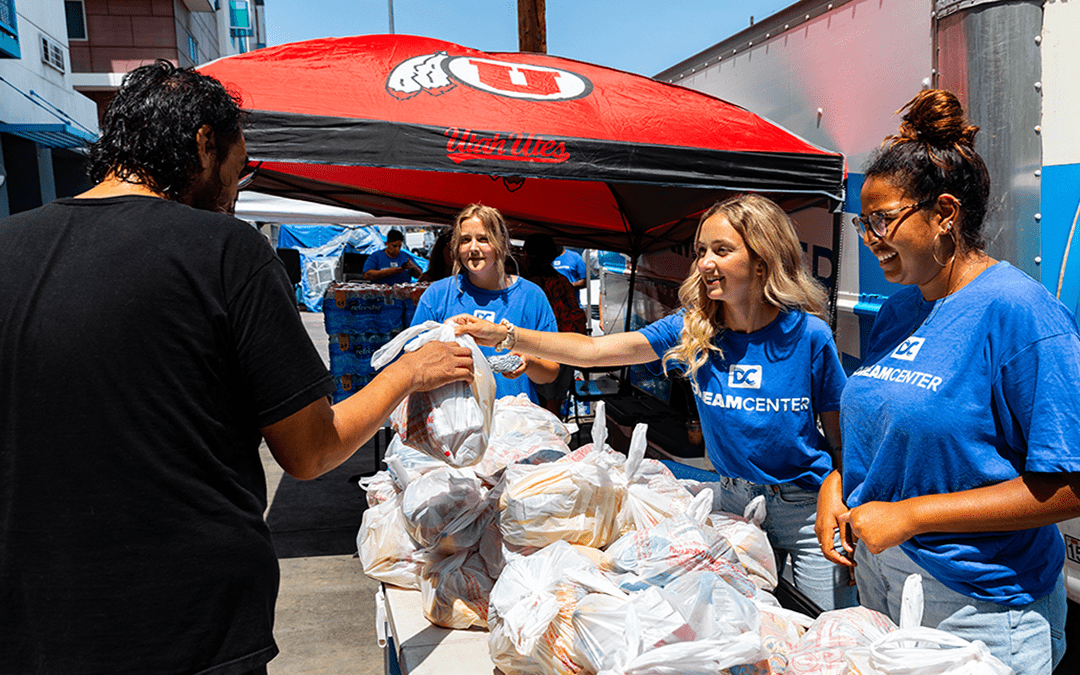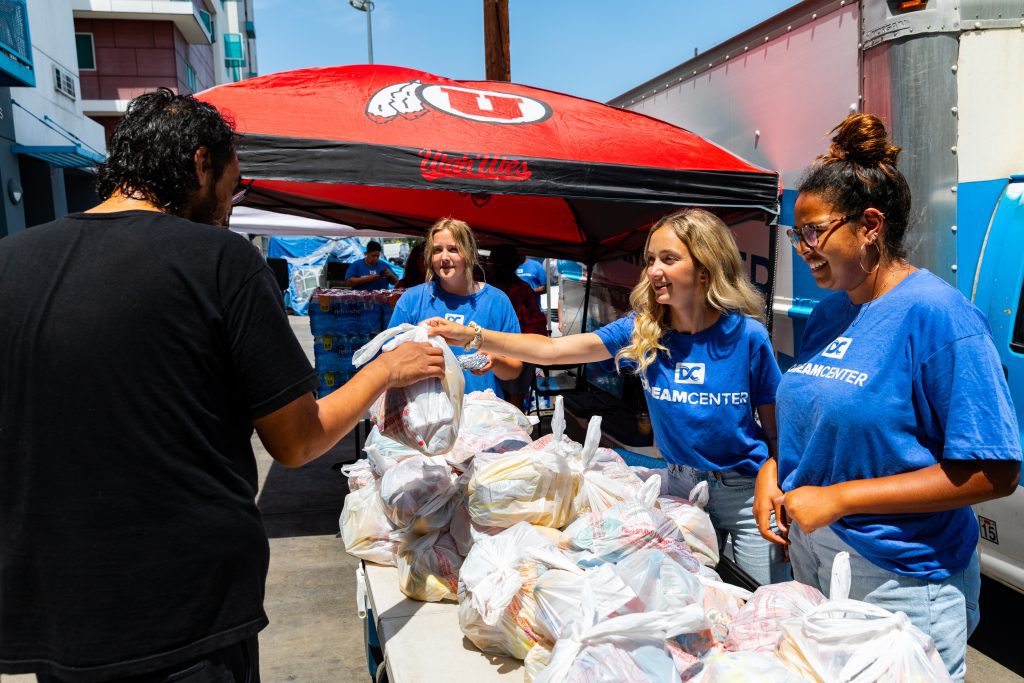
Do you have the heart to start an outreach program and serve your community, but are unsure where to begin? Perhaps, you have an idea of where you’d like to begin but need a jump start. Wherever you are, we are here to help!
Since 1994, the Dream Center has been serving people throughout Los Angeles through our outreach programs. Today, we are reaching over 20 underserved communities throughout LA, and can empathize with some of the challenges you may be facing.
To help, we’ve put together some proven tools to help create a launching pad for your own successful outreach efforts. We’ve invited Kelli Bradley, our Executive Director of Programs, to share some of her insight about the process as she has had her fair share of learning opportunities in her experience of launching programs throughout the 20 years she has been serving the Dream Center!
Keeping Families Together
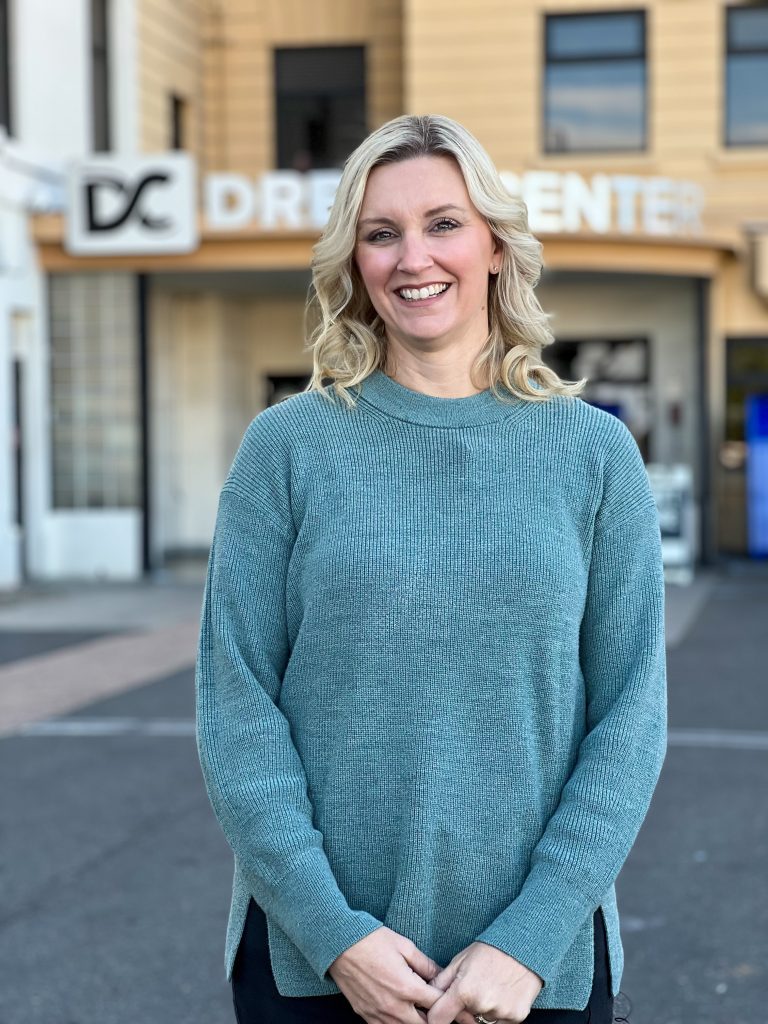
One of our outreach programs that are still impacting several families a month to this day, is our Foster Care Intervention (FCI) outreach program. Kelli’s team partners with the Department of Children’s and Family Services to help families at risk of separation remain together. This program has even helped unite some back together. To accomplish this, our team provides essentials as these families face separation due to poverty. In most cases, these families need furniture: couches, dressers, beds, shelves, and more.
These furniture items are delivered and built onsite in their homes for the families. Now, we both know that the program didn’t become what it is today, overnight. It was possible with a plan.
Here are some guidelines that we hope will help as you create your own roadmap for launching an outreach program.
1. Find A need in the community
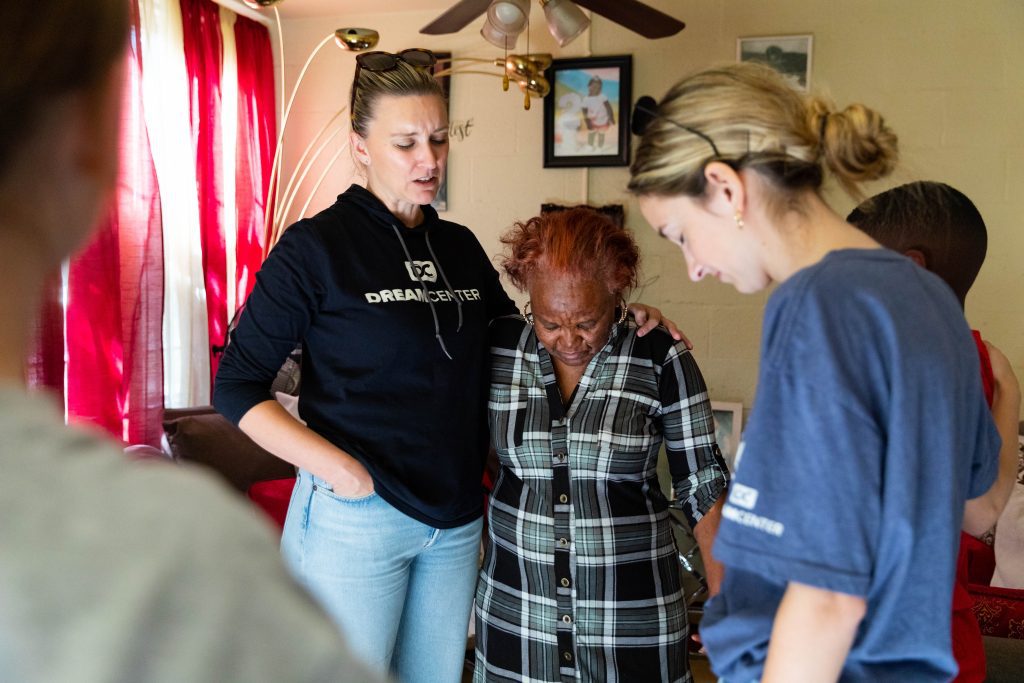
Sometimes when you want to serve others, it is easy to get overwhelmed. To simplify, yet still be effective, ask what the need is– fill the most dire needs first.
Kelli points out, “Doing your research is important. You’ll know what outreach to start when you discover where your passion, and the needs in your community intersect.”
You don’t have to give up the area of passion you had to serve your community, but filling the most urgent need will help build trust in your community, relieve the community you love, and provide learning opportunities.
When you figure out what the needs are in your community, the next step will come naturally.
2. Defining your direct focus
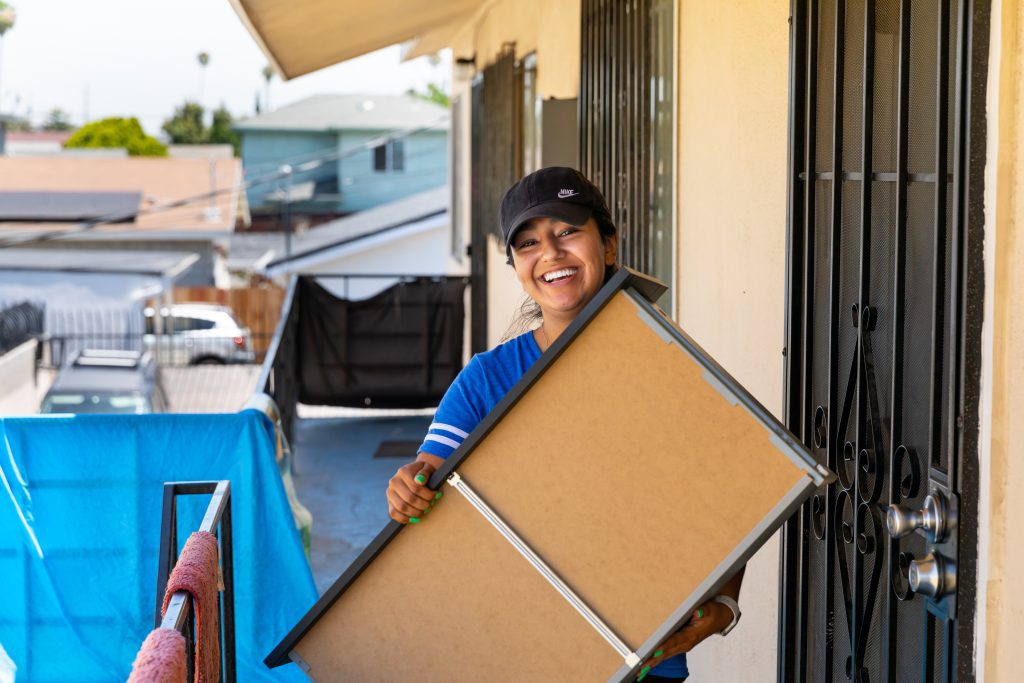
It is important to be able to communicate the purpose of your outreach within a few short sentences. For example, Kelli simply conveyed the goal of this program: “Foster Care Intervention equips families who are at risk of losing their children to the foster care system because of poverty-related issues.” This explanation is straight to the point, which helps the audience understand not only the goal of the program but also how they can get involved.
Once you have defined the purpose of your outreach, continue to do more research. Being aware of the issue and current events surrounding the area you serve is crucial. The knowledge will equip you, and help prepare you as a leader.
Quick praise report: Now that you have defined your outreach and the need you’ll be fulfilling within the community, it is a good moment to remind yourself that you have also done your research. You’re doing amazing! Everything you have worked on is the blueprint for this roadmap. All that is left is to package it together to be pitched. This leads us to the next steps.
3. Build a team that supports The vision
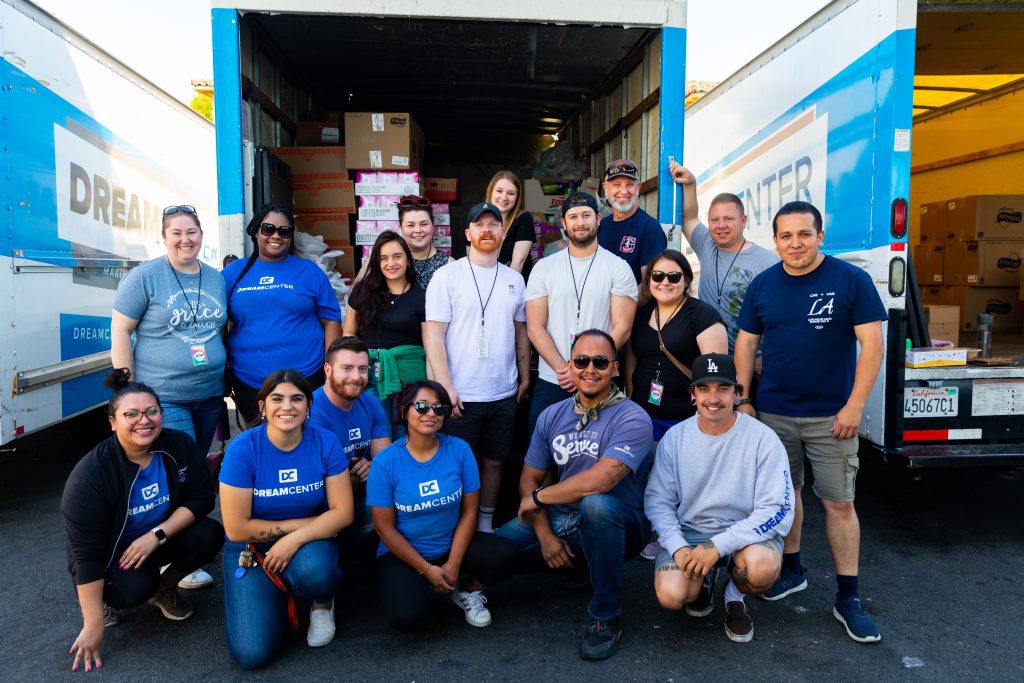
Outreach requires people and relationships; God doesn’t intend for you to do it alone. You will need support. You are better together with a team.
To build a team, you will need to present the mapped-out guidelines that we just created together. When seeking support, some recommendations to start at are churches, nonprofits, companies, or friends who can be reliable.
More importantly, is that they have a shared passion for the ministry. Kelli recommends, “Start with getting support from your pastor and other leaders in your church. Have a clear plan and vision, and pitch the vision. Their support will go a long way and help influence the success of your outreach.”
Be ready for trial and error
In any new endeavor, it takes time to become an expert at it. When it comes to outreach, you never stop learning. The world is always changing and so are the needs, people, and community that you serve. Don’t be afraid to keep an open mind. When serving people, let God determine your steps. Things may not always go according to plan. Don’t get hung up or discouraged by things like impact numbers, or maybe the lack of support you hoped for. What is important is to be willing, ready, open, and consistent. It’s about showing up.
Kelli reminds us, “Consistency makes all the difference. If you just keep showing up, you will eventually win the hearts of the people.” Now we hope that you feel better equipped and excited for what lies ahead.
Here is one last encouraging message from Kelli Bradley:
“Don’t get discouraged, start small and allow God to bring the increase. Don’t try to solve every problem in your community. Find that one thing you can’t walk away from and meet that need, stay consistent, and stay passionate.”
